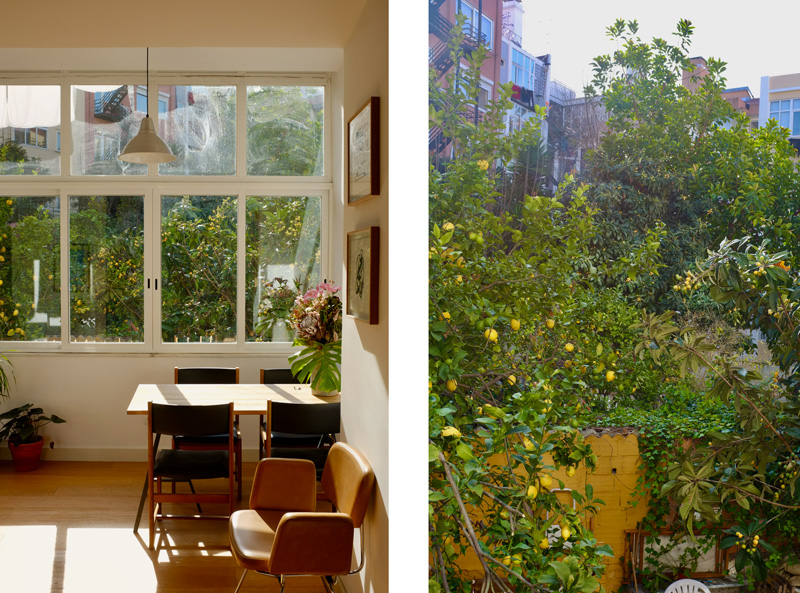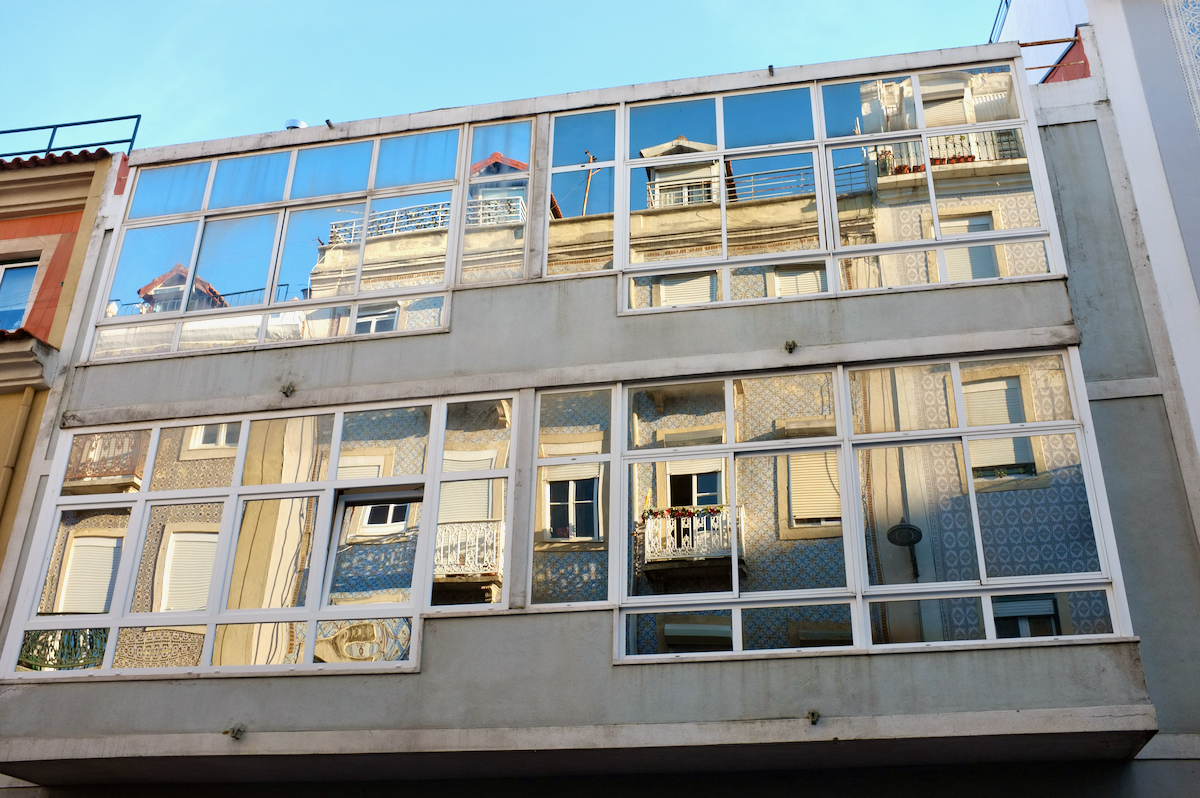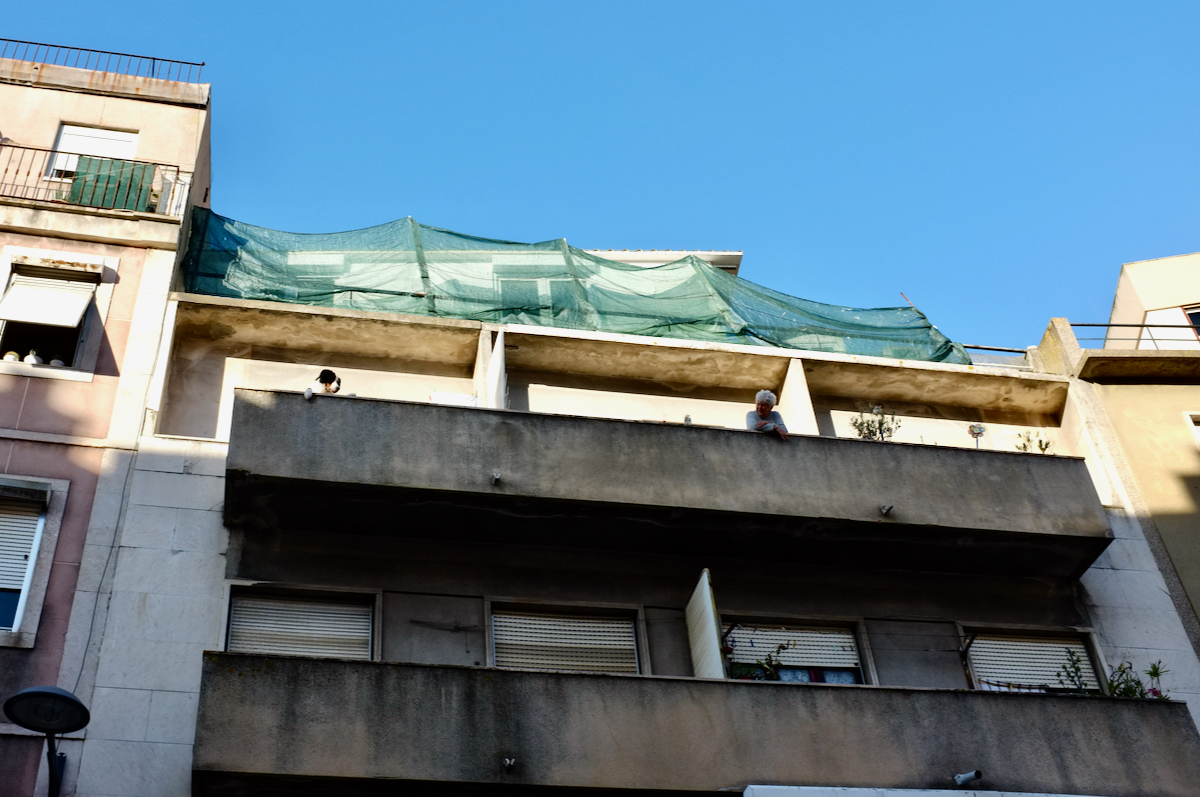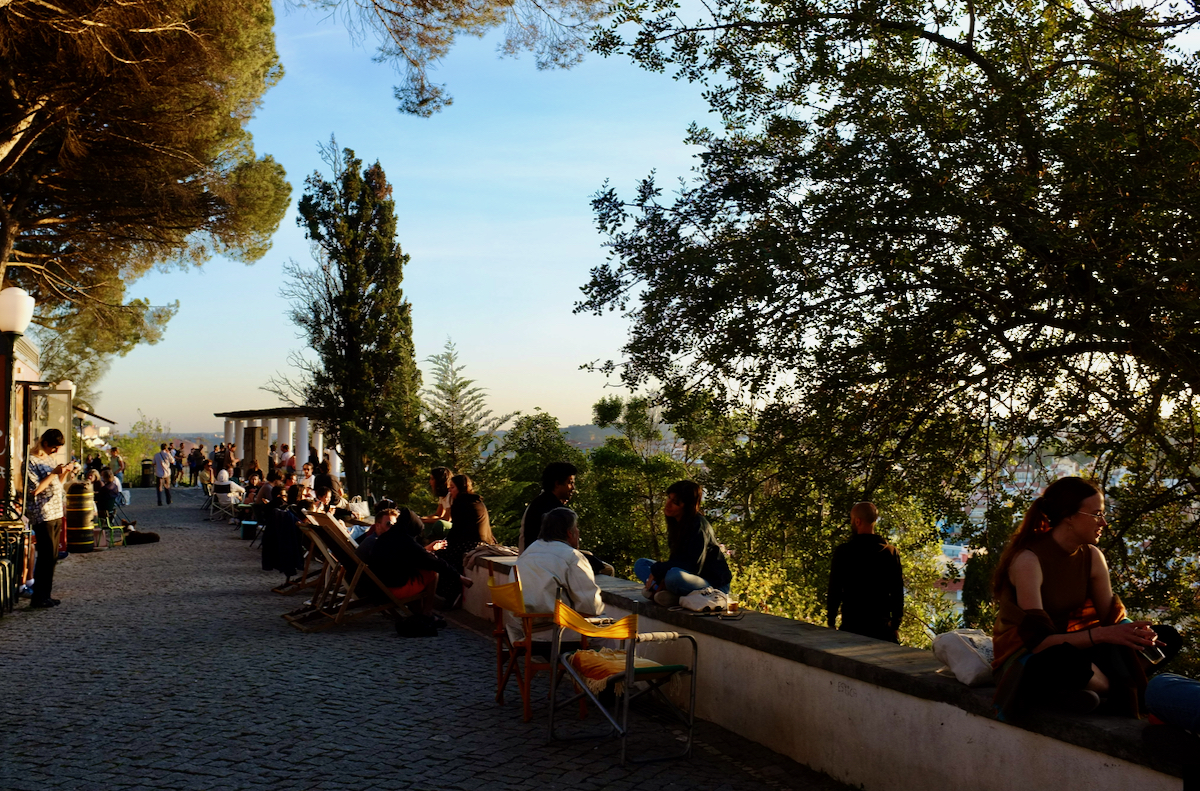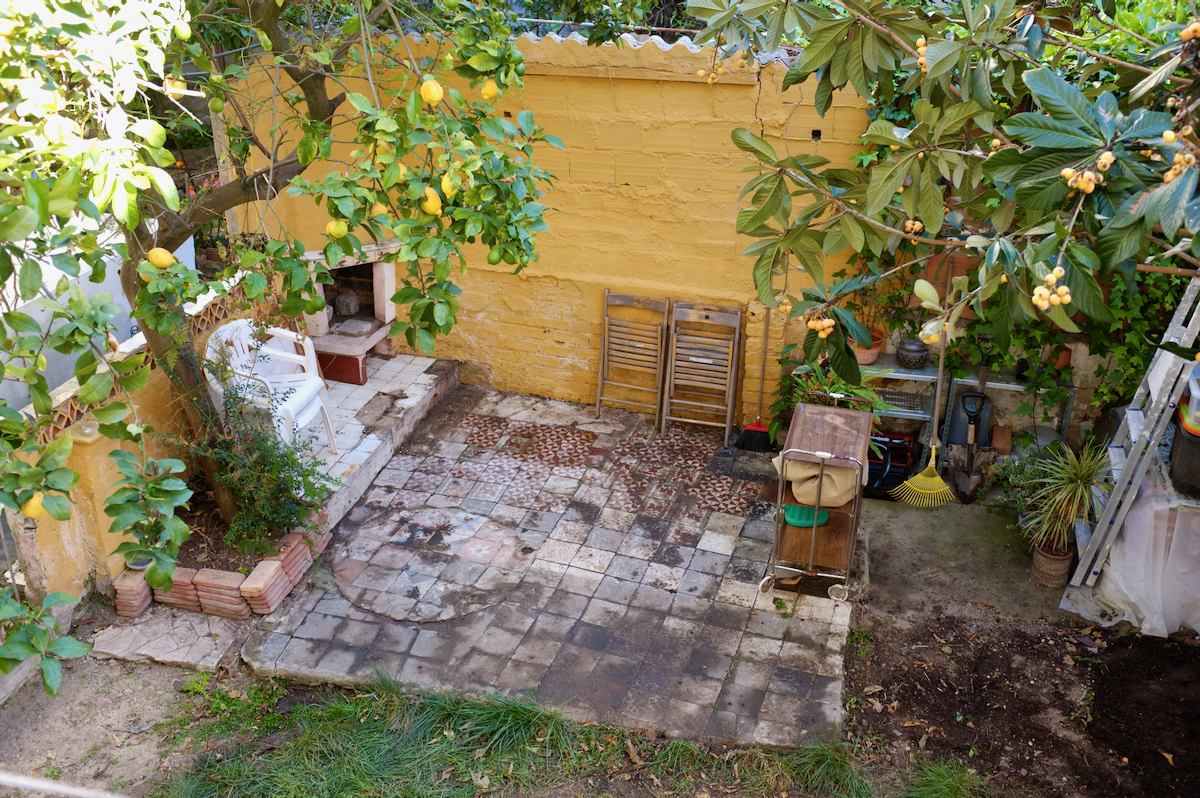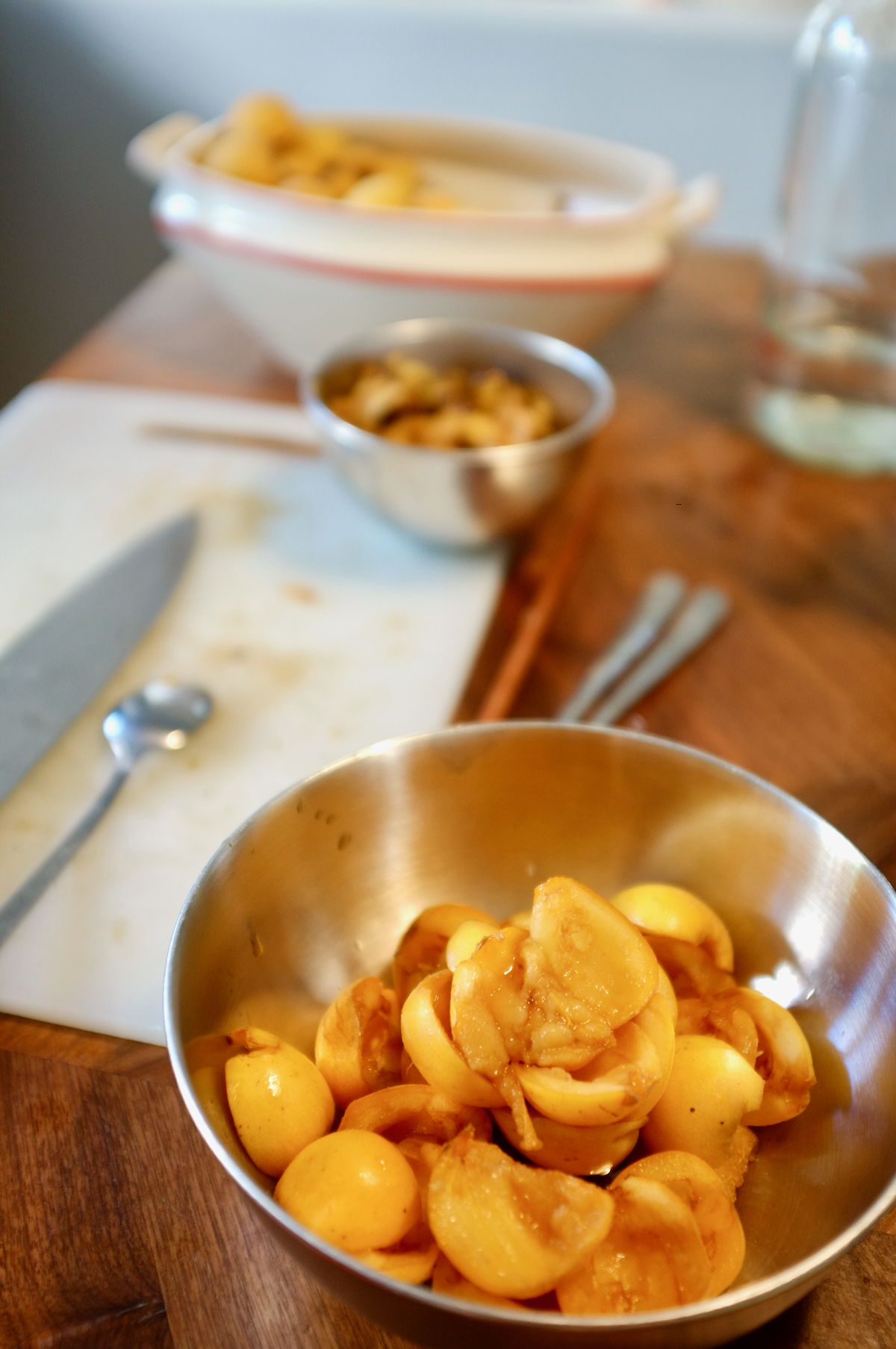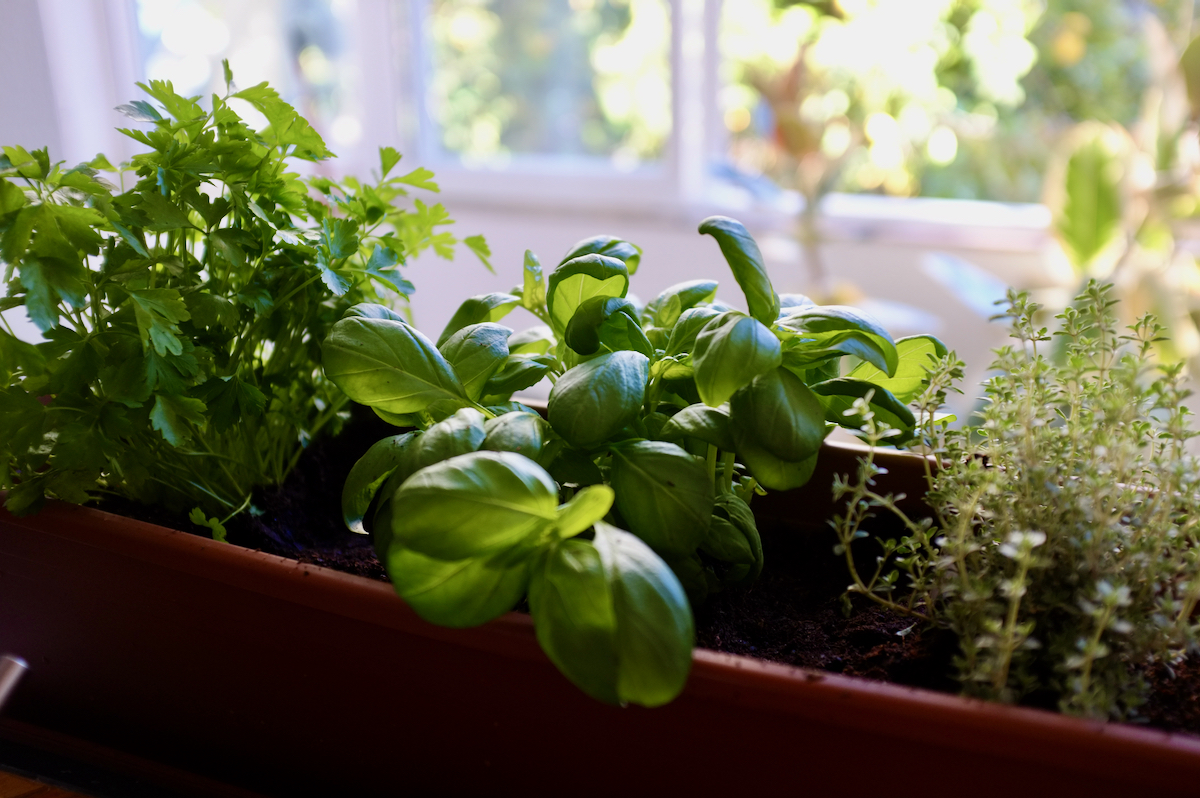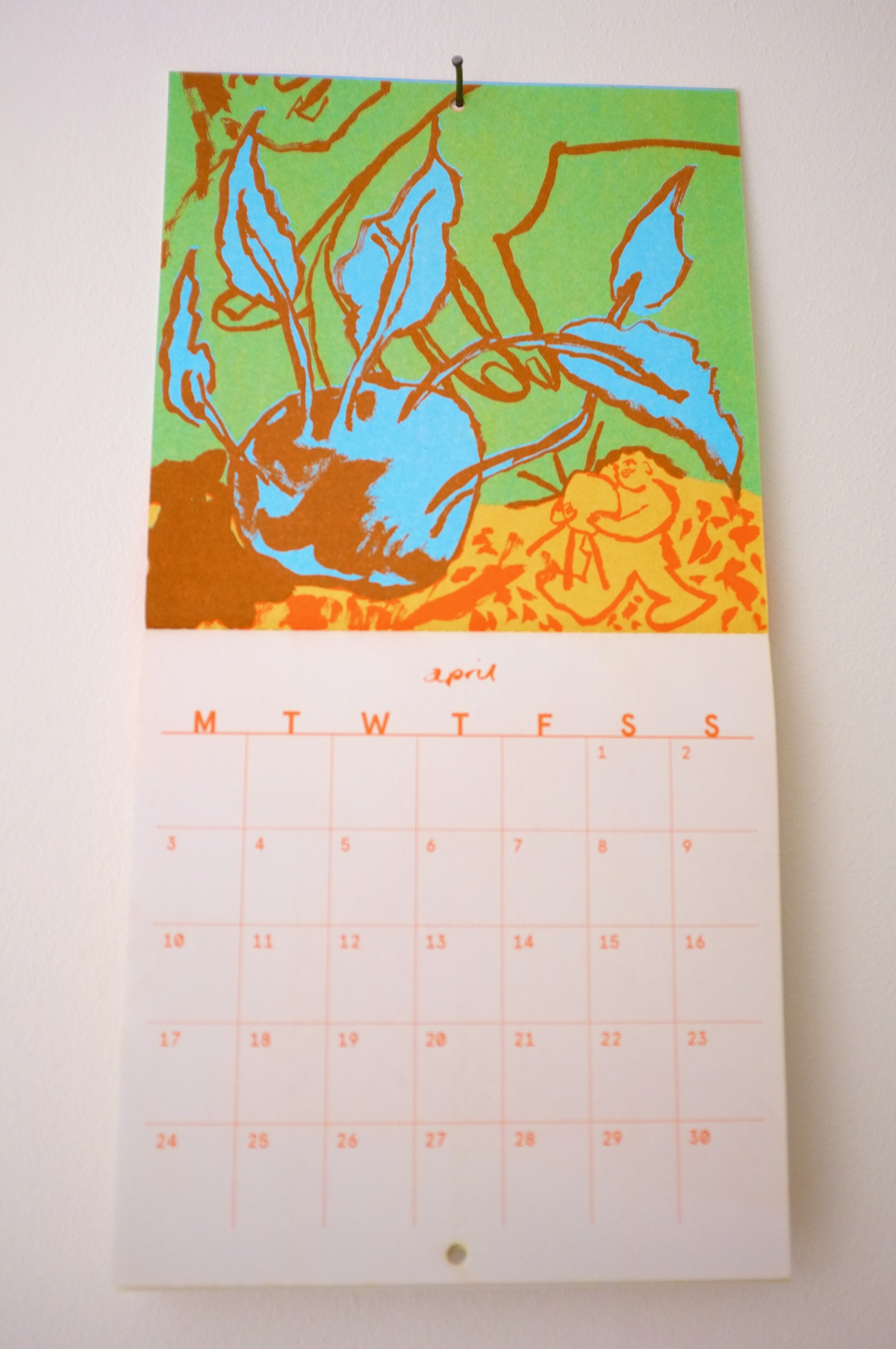Lisbon
My wonderful friend Linsey made us a guide to Lisbon, filled with natural wine spots and local, seasonal food. Particular favourites were Senhor Uva and Comida Independente. We also stumbled on Bar Boca one night, a tiny natural wine bar in Alfama that does vegan tapas.
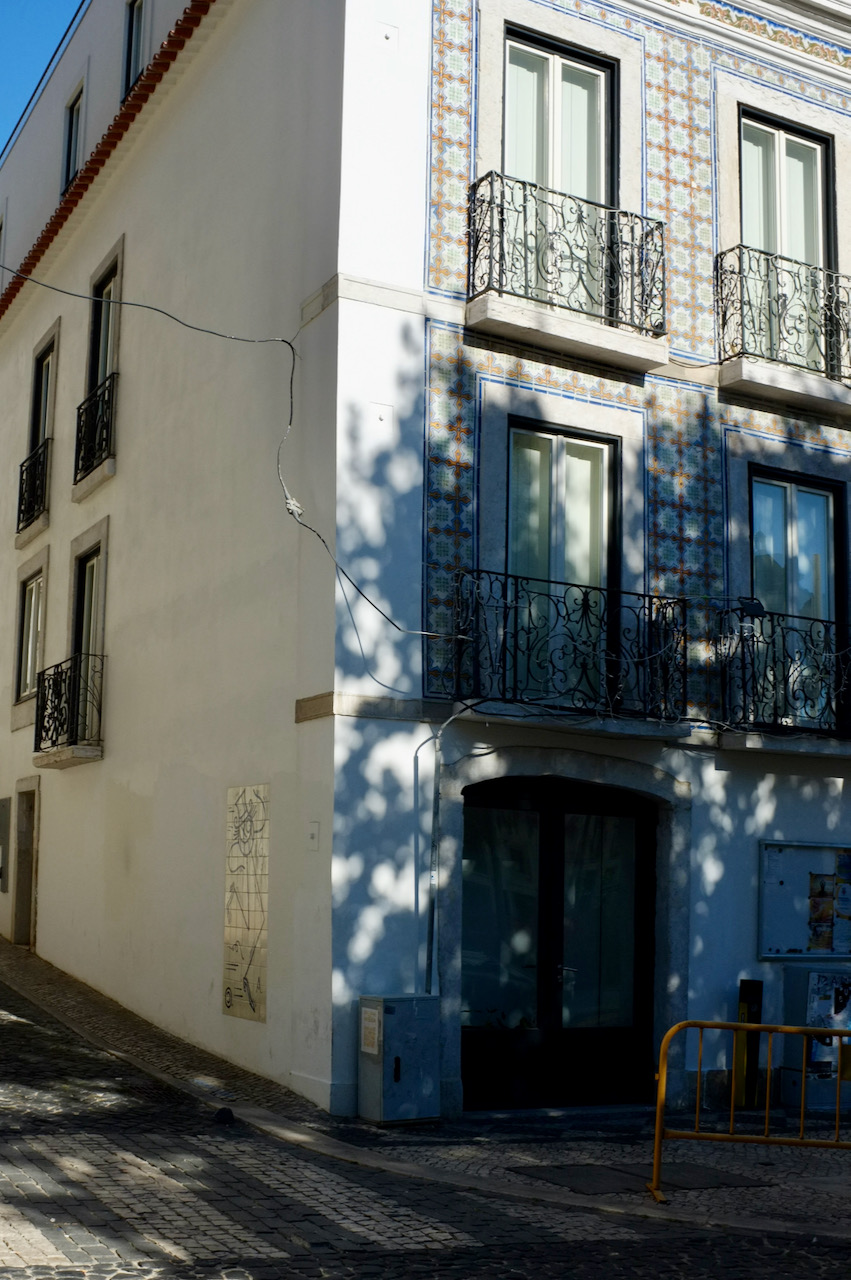
One of the highlights was the Atelier-Museu Júlio Pomar. I love his work, so colourful and joyful. The exhibition we saw was all about how he explored narrative and classic mythology in his work.
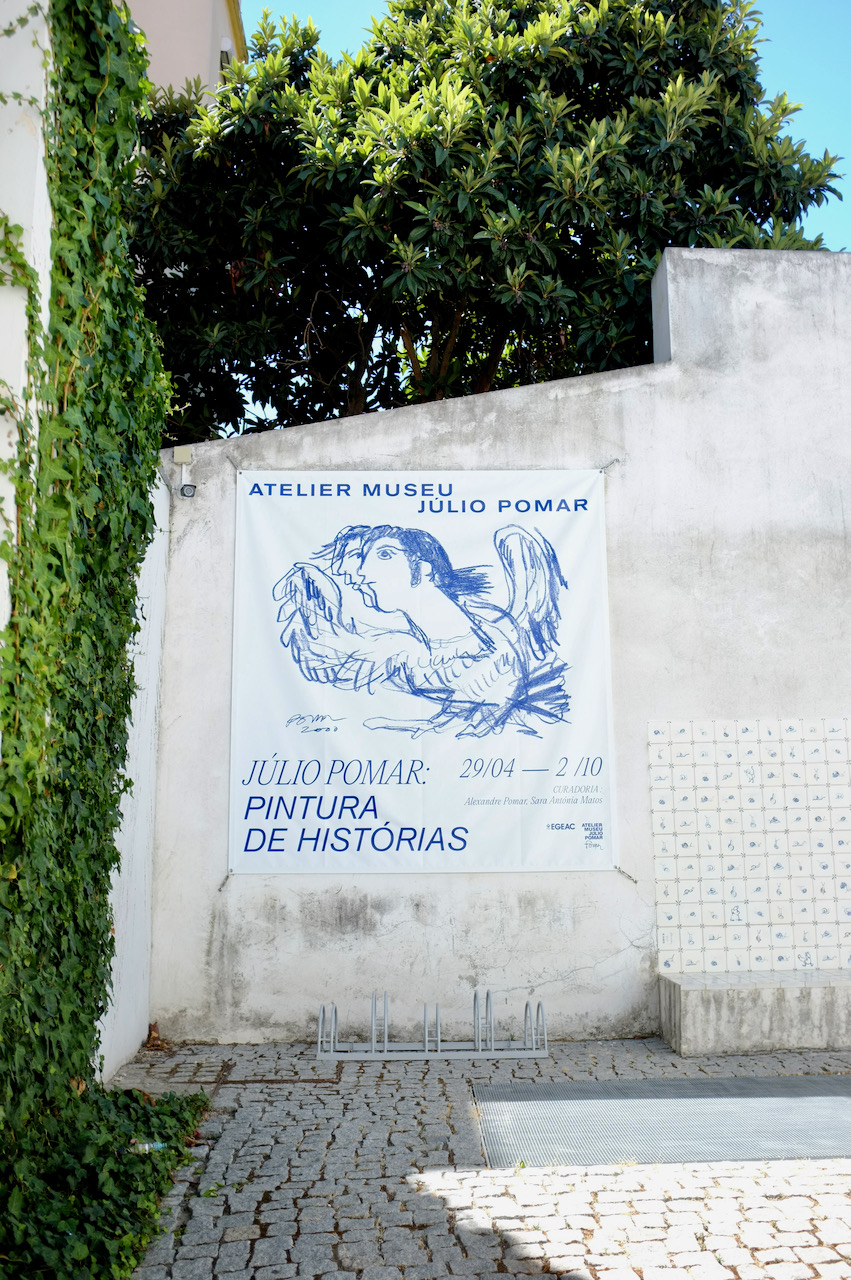
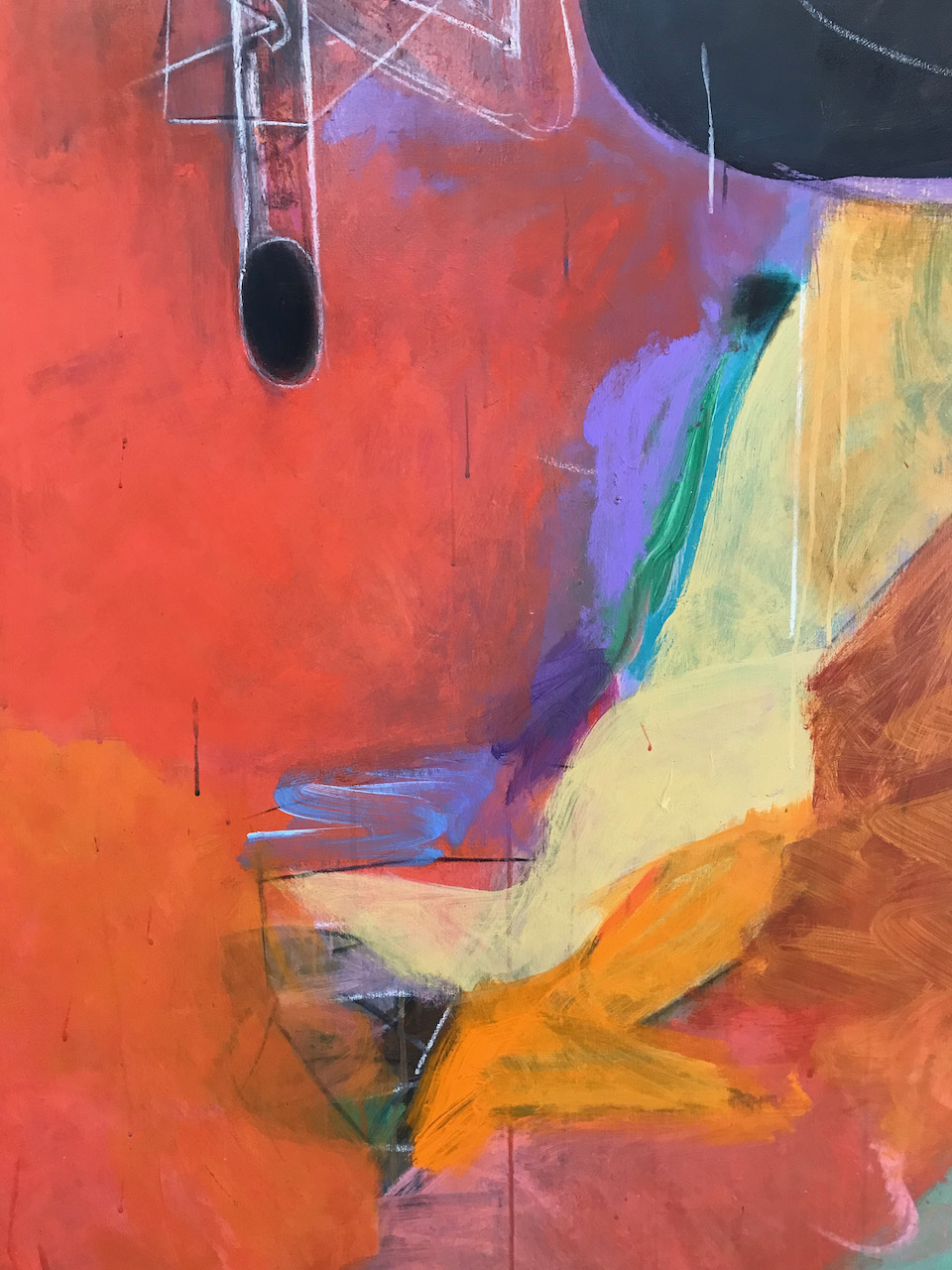
I’ve been really enjoying Panda Bear and Sonic Boom’s new album Reset. When we were in Lisbon I discovered that Panda Bear has been living there since 2004!
Water and its memory
At the Palais de Tokyo in Paris, I was pleasantly surprised by a map of the Brisbane River at the beginning of their Reclaim the Earth exhibition. It was part of a series of works by Judy Watson, an Indigenous Australian artist.
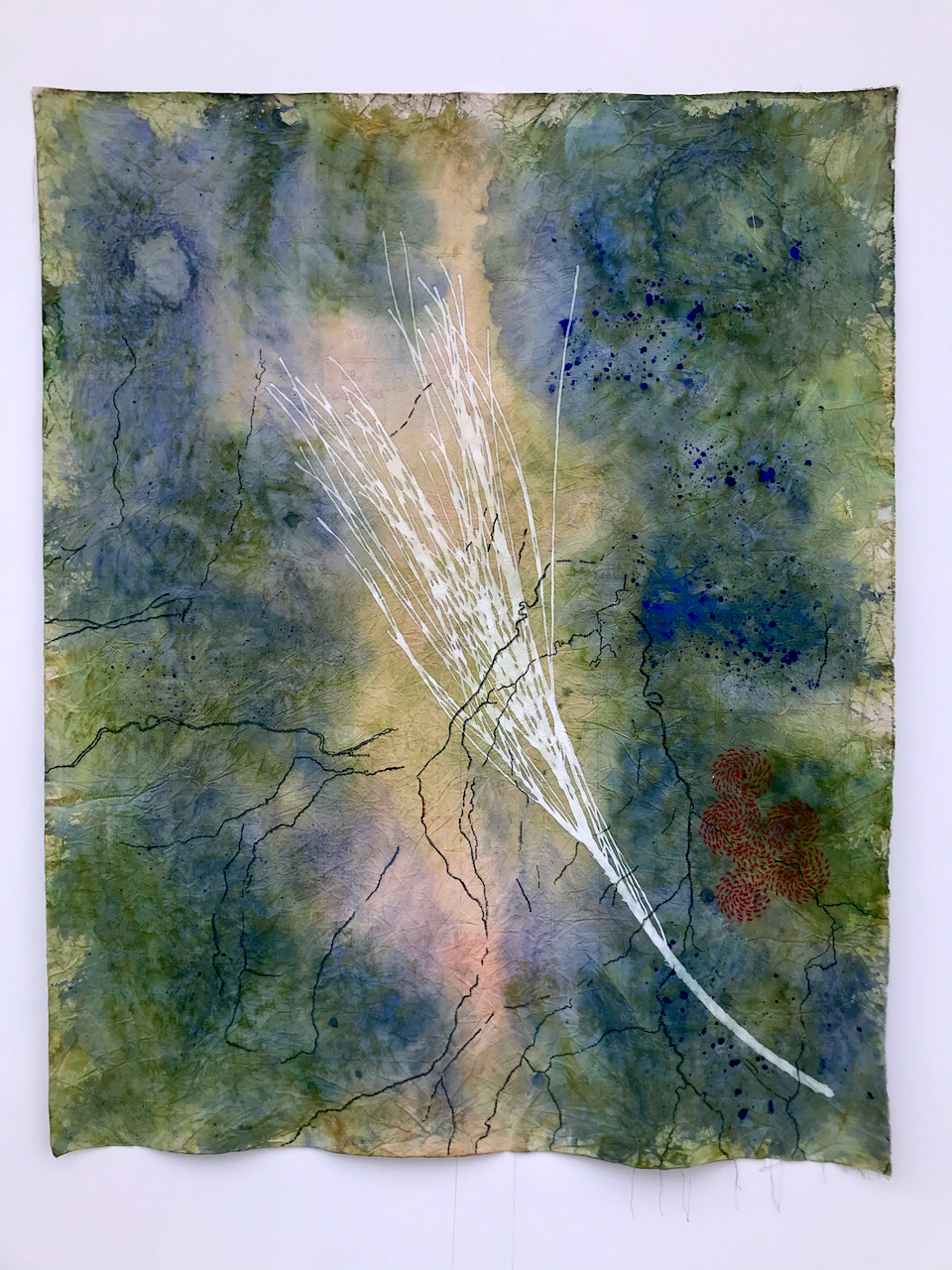
The works all centred around water and its memory, responding to both the history of the Seine and in Queensland. She sources artificial and organic materials to make natural dyes, then lets the pieces evolve in open air and on the ground.
Her creative process leaves room for the accidental and the random, and for the effects of time, environment, and natural material on her work in a context of deep climate change. The artist’s method evolves by working from site and memory, revealing Indigenous histories, following lines of emotional and physical topography.
Practicing
In Rotterdam, I visited my friend Ben at Extra Practice, a studio space he shares with four of his friends. It’s a wonderful converted shopfront on a corner, glass windows open to the world. Same energy as Evening Class, except it’s amazing how much further you can take it if you do it outside of London.
While I was there, we did a show for their radio station Good Times Bad Times. It was a lot of fun! They’ve just started a new “season” centred on refusal, which linked in really nicely with some of the themes I’ve been thinking about too.
We also visited Varia during their open hours. We were just planning to drop by briefly but ended up staying for many hours – they even cooked us lunch. Really enjoyed hearing about their projects, how they got started, what they’ve been thinking about.
Nightjet
So excited to see the new Nightjet trains from OBB. They look so cozy! I would be happy to never set foot on a plane again if I could just travel around on one of these.
Nature?
Love this quote from a recent Kim Stanley Robinson interview:
Nature and natural are words with particular weights that are perhaps not relevant now. We are part of a biosphere that sustains us. Half the DNA in your body is not human DNA, you are a biome like a swamp, with a particular balance or ecology that is hard to keep going – and indeed it will only go for a while after which it falls apart and you die. The world is your body, you breathe it, drink it, eat it, it lives inside you, and you only live and think because this community is doing well. So: nature? You are nature, nature is you. Natural is what happens. The word is useless as a divide, there is no Human apart from Nature, you have no thoughts or feelings without your body, and the Earth is your body, so please dispense with that dichotomy of human/nature, and attend to your own health, which is to say your biosphere’s health.
Walkaway
I just read Walkaway by Cory Doctorow and really liked it. It felt clunky in parts (often this kind of idealistic sci-fi does) but I enjoyed a lot of the themes: post-scarcity, anarchism, refusal of bullshit jobs, open source everything, mutual aid.
He wrote a short article in Wired about it: Disaster Doesn’t Have to End in Dystopia.
One of the phrases that has been rattling around in my head after reading it is “slicing time thick”:
Even after years of walkaway, she was used to slicing time into rice-paper slices thin enough for one discrete thing, before moving onto the next. Most of the time, she rushed to complete this current moment before the next thumped the door. Every adult she’d known matched that rhythm, the next thing almost upon them, the current one had best be taken care of in haste. Etcetera sliced his time thick.
It’s something I’ve been trying to focus on over the last few weeks. I’m thankfully on holidays now, but in the lead up to my break I was feeling so burnt out and overwhelmed. The more exhausted I got, the more I would scramble around rushing through tasks and not doing a good job of anything.
I’m trying to focus on moving very slowly, not planning too much, not expecting too much of myself. Easier to do on holidays, of course, but I want to find ways to bring this slowness with me once I go back to work.
